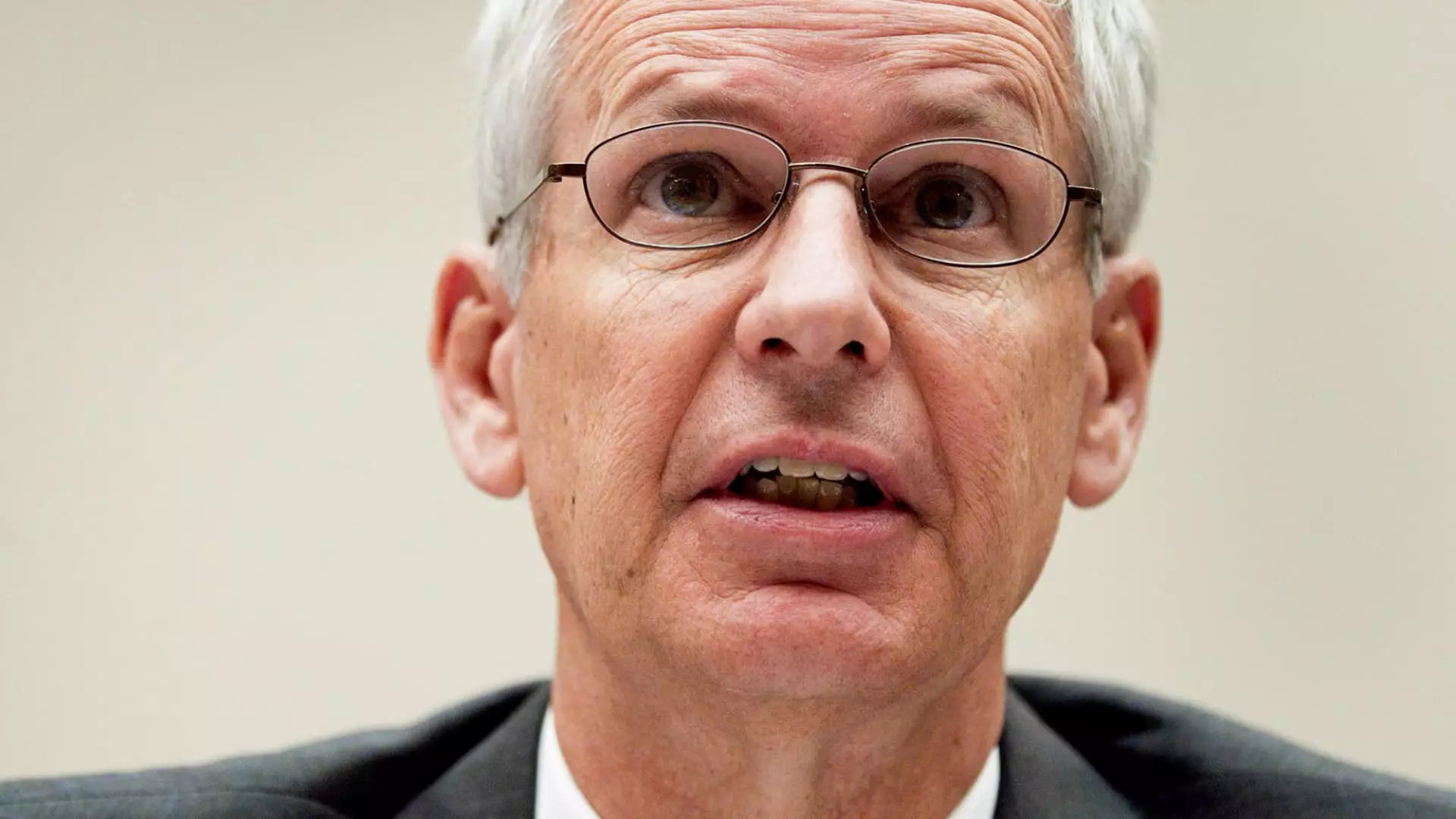The saga of Dish Network mirrors the narrative arc of a sitcom that begins lively and with great promise but stumbles towards a lackluster conclusion. From its inception, Dish Network has been a player in the pay-TV industry, battling fierce competition and grappling with shifting consumer preferences. Founded in the 1990s, Dish initially basked in the glory of burgeoning satellite television, drawing in subscribers who were eager to consume a vast array of channels that cable companies couldn’t yet provide. However, much like the infamous TV show “Seinfeld,” which ended on a disappointing note, Dish’s story took a turn for the worse as it struggled to adapt to a rapidly evolving industry landscape.
In 2011, as streaming services started to emerge and traditional pay-TV began to falter, Dish’s cofounder, Charlie Ergen, likened the company’s potential to a “Seinfeld” episode, full of seemingly unrelated plotlines that might converge in the end. Unfortunately for Dish, the convergence never quite came. The company’s long-term strategy appeared disjointed as it simultaneously pursued both pay-TV and wireless telephone sectors without a coherent focus. By the time it had sold to DirecTV, the struggles of the combined companies were stark—losing a staggering 63% of their video subscribers since 2016 due to the relentless rise of streaming platforms like Netflix and Hulu.
Ergen’s enthusiasm to mesh Dish’s business model with wireless capabilities faltered without a solid partnership or plan. Acquiring Boost Mobile for $1.4 billion in 2019 was a significant step, yet it proved insufficient to fuel both a faltering pay-TV service and a mobile network that could compete with established giants like AT&T and Verizon. This lack of direction and capital became a fatal flaw, much like how “Seinfeld” wrapped up its own storylines in a way that left many fans unimpressed.
The financial repercussions of Dish’s strategic miscalculations are evident in its recent sale to DirecTV for a nominal fee of $1, alongside a staggering $9.75 billion in debt. This deals a devastating blow to EchoStar, Dish’s parent company, whose market valuation has plummeted over the years. The drop in EchoStar’s stock by more than 11% following the announcement encapsulates the broader investor sentiment that both companies are trapped in a diminishing market. Once valued at nearly $40 billion, DirecTV’s worth dwindled alongside Dish’s, demonstrating a broader decline in the pay-TV sector.
EchoStar CEO Hamid Akhavan’s remarks, highlighting the declining content-distribution landscape, speak volumes. The industry’s transformation, driven by customer preferences toward streaming subscriptions and on-demand content, has rendered the traditional pay-TV model increasingly obsolete. The failure to pivot effectively will not only define Dish’s current identity but may very well chart its future trajectory.
Charlie Ergen’s earlier metaphorical representation of Dish’s future as a hand with stretching fingers aptly encapsulates the indecision that plagued the organization. Each finger represented a different strategic pathway, yet none came to fruition. The last-minute approach taken by management to shuffle resources without clear intent equally mirrors the chaotic final episode of “Seinfeld.” In hindsight, Dish’s struggle to allocate resources effectively between pay-TV and wireless ambitions demonstrates a critical management distraction that left them without a strong foothold in either market.
Ultimately, Dish’s challenges underscore the need for businesses in fast-evolving industries to maintain a clear vision and agile approach. As consumer behavior shifts rapidly, those unwilling to adapt may find themselves outmaneuvered in an increasingly competitive landscape. Dish Network serves as a cautionary tale, a reminder that without a cohesive strategy and the ability to evolve, even once-dominant players can find themselves grappling for survival in a tumultuous market. The broadcasters need to take a page from the successes of today’s streaming titans that understand and adapt to consumer demands—something that Dish has, unfortunately, failed to do.


Leave a Reply